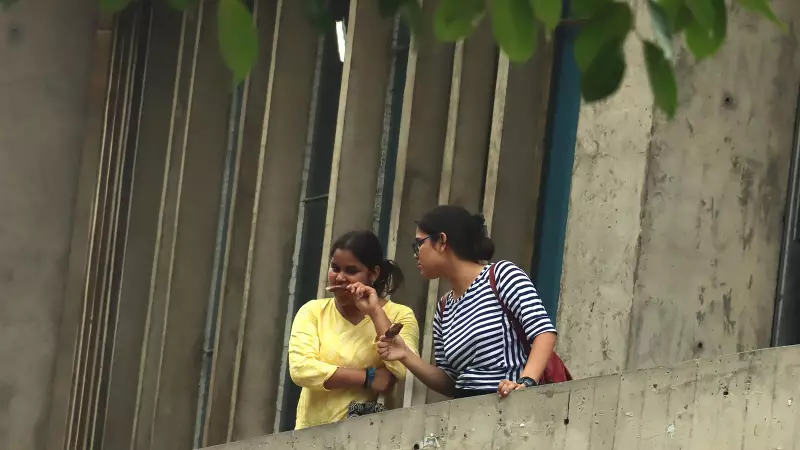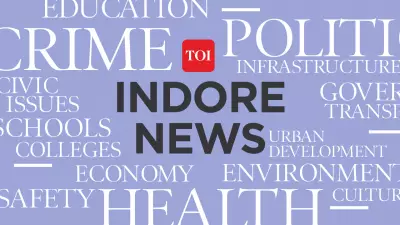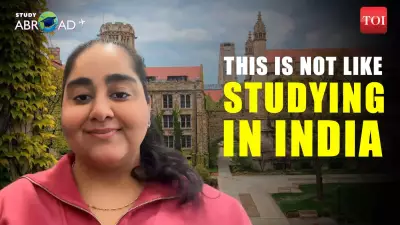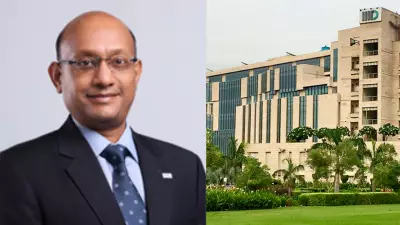
Panjab University Takes Action on Student Demands
In a significant development at Panjab University, Vice-Chancellor Prof Renu Vig has established a six-member committee to carefully examine the demands raised by protesting students. This decision came during a crucial meeting held on Wednesday with representatives of the PU Bachao Morcha, just one day after student leaders submitted their formal charter of demands.
The meeting, which took place in the Vice-Chancellor's office, saw student leaders pushing for written guarantees on four critical issues that have been at the heart of the ongoing agitation.
Key Demands Under Scrutiny
Student representatives presented several non-negotiable demands during their discussion with the university administration. The immediate withdrawal of FIRs filed against protesting students emerged as a primary concern, along with demands for freezing major administrative decisions until the Senate is properly reconstituted.
Other significant demands included the complete rollback of new Standard Operating Procedures (SOPs) and the recently established vetting panel, as well as ensuring strict compliance with reservation policies during faculty recruitment processes.
Committee Composition and Mandate
Following detailed discussions with the student delegation, Prof Vig announced the formation of a special committee headed by Prof Jasbir Singh, who leads the Department of History. The committee includes five other senior faculty members who bring substantial academic and administrative experience to the table.
The newly formed panel has received official authorization to conduct a comprehensive review of each demand presented by the students and will subsequently submit detailed recommendations to the university administration for further action.
While assuring students that "all demands will be examined and fulfilled," the Vice-Chancellor also emphasized that the resolution process might require some time due to necessary procedural formalities that must be followed.
Student Response and Ongoing Concerns
Although students cautiously welcomed the establishment of the committee, they expressed disappointment that their core demand for the immediate announcement of Senate elections remained unaddressed. According to sources present during the meeting, Prof Vig informed the delegation that the Union Ministry of Education had taken control of the matter and appointed two officers to oversee the election process.
University officials provided assurance that the Senate election schedule would likely be announced within the next two to three days. However, this assurance failed to satisfy the protesters, who have made it clear that their demonstration will continue uninterrupted until the election schedule is formally released.
The issue of FIRs against students dominated significant portions of the discussion. University officials clarified that the FIRs were registered not by the Vice-Chancellor's office but by Chief Security Officer Vikram Singh, providing important context to the ongoing situation.
Police Meeting and Protest Strategy
Later the same day, representatives of PU Bachao Morcha met with Chandigarh SSP Kanwardeep Kaur to discuss the November 10 protest and outline plans for future demonstrations. According to reliable sources, the SSP urged students to maintain peace, inform authorities in advance about planned protests, and prevent the participation of outsiders in student-led demonstrations.
Morcha leaders, however, stated firmly that they would not seek prior police permission to hold protests, describing peaceful assembly as their fundamental democratic right. They announced plans to form a student coordination committee that would ensure all demonstrations remain peaceful and focused on their legitimate demands.
Despite semester examinations scheduled to begin on November 18, the protest tents outside the Vice-Chancellor's office remain firmly in place, indicating the students' determination to continue their agitation until all their concerns receive adequate attention and resolution.





